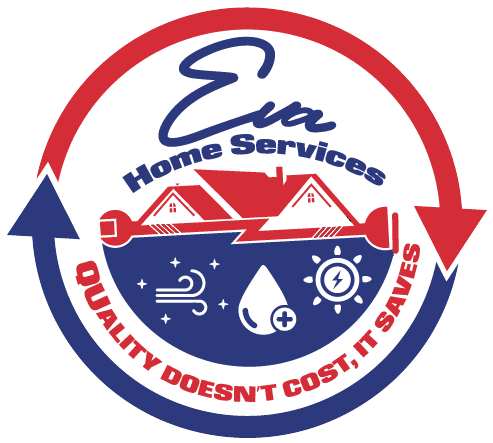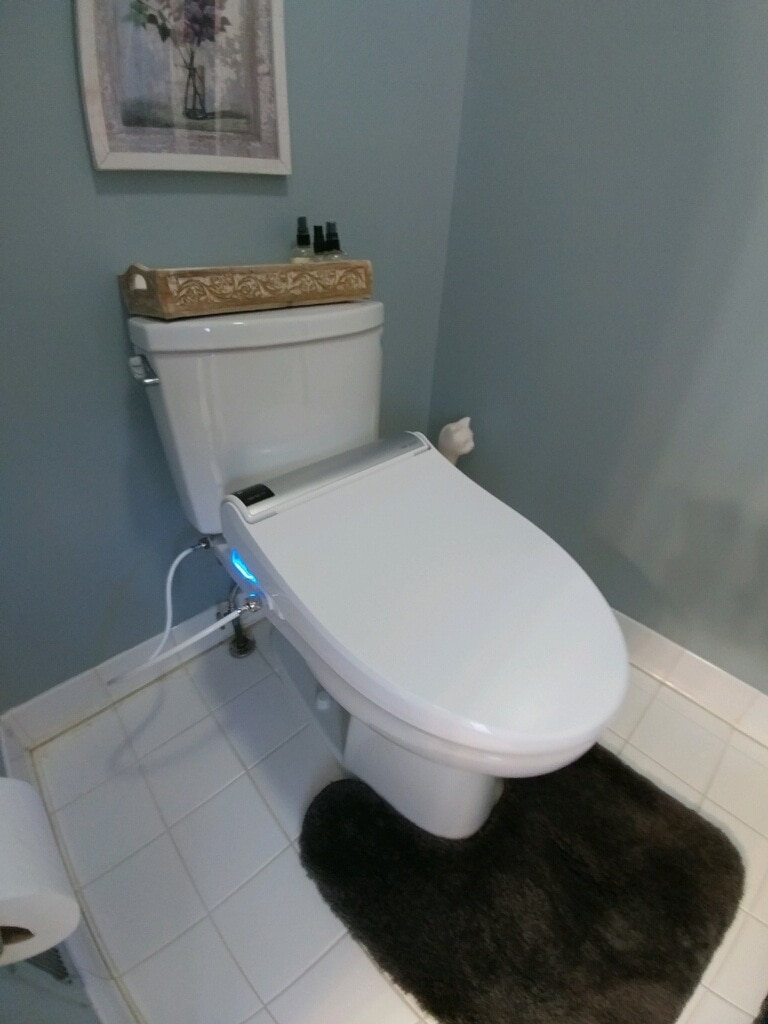Renovating a home can be an exciting but challenging endeavor, and avoiding common mistakes is crucial for a successful outcome. Here are 25 renovating mistakes to watch out for:
- Inadequate Planning: Rushing into a renovation without a well-thought-out plan can lead to costly mistakes and delays.
- Ignoring Budget Constraints: Failing to establish a realistic budget and sticking to it can result in overspending.
- Skipping Permits: Neglecting to obtain necessary permits can lead to legal issues and complications down the road.
- Hiring the Wrong Contractor: Choosing an inexperienced or unreliable contractor can lead to poor workmanship and delays.
- Underestimating Timelines: Renovations often take longer than expected, so be realistic about the time required for each phase.
- Ignoring Contingency Plans: Unexpected issues can arise, so having a contingency fund is essential for handling unforeseen expenses.
- Overlooking Energy Efficiency: Ignoring energy-efficient upgrades may result in higher utility bills over time.
- Not Considering Resale Value: Personalizing the space too much may make it difficult to sell the property in the future.
- Ignoring Building Codes: Non-compliance with building codes can lead to fines and difficulties selling the property.
- Neglecting Structural Issues: Addressing structural problems promptly is crucial for the overall stability and safety of the home.
- Choosing Trendy Over Timeless: Opting for overly trendy designs may make the space look outdated quickly.
- Using Cheap Materials: Skimping on materials can lead to poor quality and the need for premature replacements.
- Overlooking Lighting Design: Inadequate lighting can affect the functionality and aesthetics of a renovated space.
- Not Testing for Asbestos or Lead: Older homes may contain hazardous materials that need to be identified and removed safely.
- Overlooking Storage Solutions: Insufficient storage can lead to clutter and a less functional living space.
- Ignoring Neighborhood Trends: Renovations should align with the overall style and value of the neighborhood.
- Overpersonalizing Design Choices: While personal touches are essential, be mindful of creating a space that appeals to a broad audience.
- Neglecting Future Maintenance: Choosing high-maintenance materials may lead to additional costs and efforts in the long run.
- Underestimating DIY Complexity: Some tasks are best left to professionals, and attempting complex projects without expertise can lead to costly mistakes.
- Ignoring the Importance of Ventilation: Proper ventilation is crucial for maintaining air quality and preventing mold and mildew issues.
- Not Testing Paint Colors: Paint can look different on walls than it does on a sample, so test colors before committing.
- Overlooking Landscaping: Neglecting the exterior can diminish the overall appeal of the property.
- Forgetting About the HVAC System: Ensure that the heating, ventilation, and air conditioning systems are compatible with the renovated space.
- Overlooking Safety Concerns: Prioritize safety features such as smoke detectors, carbon monoxide detectors, and proper wiring.
- Not Communicating Effectively with Contractors: Clear communication is essential to avoid misunderstandings and ensure the project progresses smoothly.
By being aware of these common renovating mistakes, you can better navigate the renovation process and increase the likelihood of a successful outcome.
Here are additional tips to help you avoid common renovation mistakes:
- Research Contractors Thoroughly: Before hiring a contractor, check references, read reviews, and verify their credentials. A well-vetted contractor is less likely to cause issues during the renovation.
- Set Realistic Goals: Clearly define your renovation goals and be realistic about what can be achieved within your budget and timeframe.
- Create a Detailed Timeline: Work with your contractor to create a detailed timeline for each phase of the project. This helps manage expectations and ensures everyone is on the same page.
- Get Multiple Quotes: Don’t settle for the first quote you receive. Obtain multiple quotes for the same job to ensure you’re getting a fair price.
- Prioritize Safety: Invest in safety equipment and follow safety protocols. Renovation sites can be hazardous, and prioritizing safety is essential for everyone involved.
- Stay Involved but Avoid Micromanaging: Be actively involved in the renovation process, but trust your professionals to do their job. Micromanaging can lead to frustration for both parties.
- Consider Long-Term Maintenance: Opt for materials and designs that are easy to maintain in the long run. This can save you time and money on future repairs and replacements.
- Communicate Openly: Maintain open and honest communication with your contractor. Address concerns promptly and discuss any changes or modifications to the original plan.
- Use a Design Professional: If your renovation involves significant design changes, consider consulting with a design professional or an architect. Their expertise can enhance the overall functionality and aesthetics of the space.
- Test Samples Before Committing: Whether it’s paint colors, flooring materials, or other finishes, always test samples in the actual space to see how they look in different lighting conditions.
- Invest in Quality Tools: If you’re considering DIY tasks, invest in quality tools. Cheap tools can lead to inefficiencies and poor results.
- Understand the Scope of Work: Clearly define the scope of work in your contract with the contractor. This helps prevent misunderstandings about what is and isn’t included in the project.
- Stay Flexible: While a detailed plan is essential, be prepared to adapt if unforeseen issues arise. Flexibility can help you navigate unexpected challenges more effectively.
- Document Everything: Keep detailed records of all transactions, contracts, and communications related to the renovation. This documentation can be valuable in case of disputes or for future reference.
- Obtain Warranties: Ensure that you receive warranties for materials and workmanship. This provides you with recourse in case issues arise after the renovation is complete.
- Consider Green Renovation Practices: If possible, incorporate environmentally friendly and sustainable practices into your renovation to reduce your environmental impact.
- Plan for Temporary Living Arrangements: If the renovation involves significant work, consider the logistics of living in the home during construction. Temporary accommodations may be necessary for comfort and safety.
- Regularly Inspect the Work: Periodically inspect the ongoing work to catch any potential issues early on. This proactive approach can prevent small problems from becoming major setbacks.
By incorporating these additional tips into your renovation planning and execution, you can minimize the risk of common mistakes and increase the likelihood of a successful and satisfying outcome.





